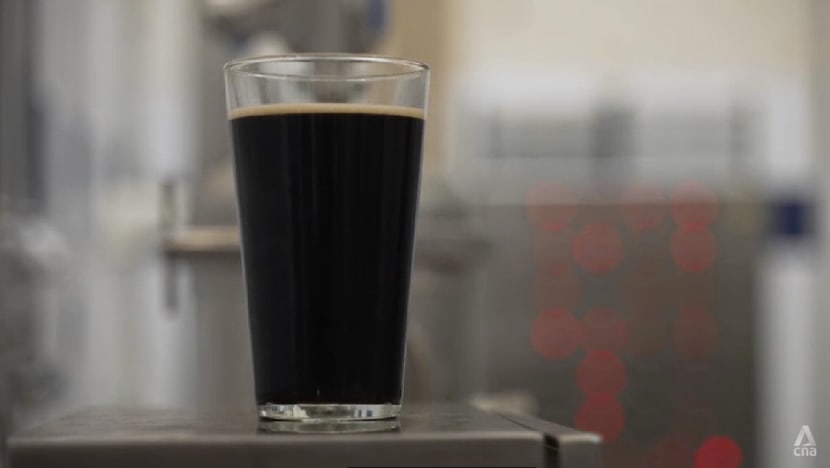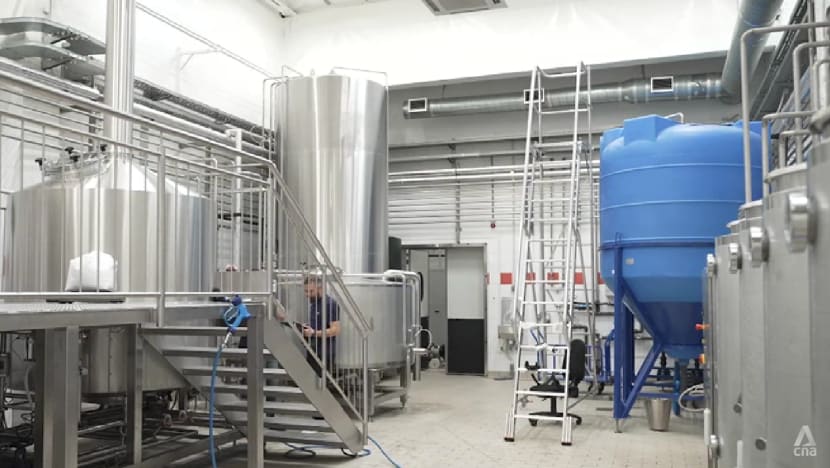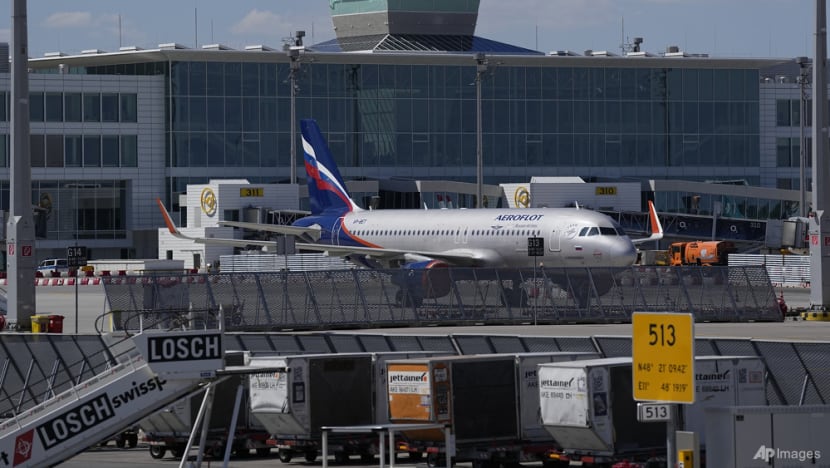Russia’s beer industry gets boost from domestic market amid Ukraine war sanctions
While vodka is the alcohol most often associated with the Russian palate, beer is equally popular in terms of volume consumed.

The absence of overseas beer brands in Russia due to import restrictions has brought more business for local brewers.
MOSCOW: Russia’s domestic beer industry has received a slight boost in its customer base, even as the country feels the impact of sanctions imposed after its invasion of Ukraine.
Vodka may be the alcoholic drink most commonly associated with the Russian palate, but in terms of volume consumed, beer is equally popular.
The absence of overseas beer brands has brought more business for local brewers, who have also developed their expertise in fixing their foreign-sourced equipment to ensure their operations do not get disrupted.
It is one industry that has found opportunity in chaos, as foreign suppliers who once dominated the local market have either chosen or been forced by sanctions to leave.
Russia's invasion of Ukraine has resulted in the biggest shake-up of its economy in 30 years, creating huge challenges for the government and businesses.
OPPORTUNITY IN CHAOS
Russian beer has always competed with well-established foreign brands in the domestic market.
But this year, supply chain disruptions, economic sanctions, and public relations concerns have left a gaping hole in the market.
Russian breweries, including Moscow-based Dreamteam Brew, are filling the gap and quenching that demand.
Dreamteam Brew’s head of sales, who only wanted to be known as Belka, said: “With the exit of big beer players, distributors, and imported beers, we had the opportunity to expand to many restaurant groups, firstly in Moscow and St Petersburg, and then all over Russia.”

She said previous clients, who did not want to work with her brewery due to its comparatively higher prices, began reaching out again in March to purchase their beer, as there was no way to get imports.
They do however face challenges, such as sourcing for raw materials.
Good business relations in Finland and new trade routes through Kazakhstan got them through the summer, but some of those routes are now no longer an option.
Now, Dreamteam Brew has pivoted to experimenting with a greater amount of Russian ingredients, with wheat and barley – key ingredients in the beer brewing process – readily available in the country.
However, Russia is still developing its capacity for processing the raw ingredients.
Furthermore, much of the brewery’s equipment comes from other European countries, such as vats from Germany, bottling machines from Italy, and filtration machines from England.
One breakdown is a potential recipe for disaster as they may not have the spare parts to fix it.
But they are still confident that should something go south, they have the knowledge and expertise to repair it on their own.
Dreamteam Brew’s main brewer, who only wanted to be known as Andrey, said: “In this unstable world, we don’t have any guarantees about equipment. But we do have good professional people working in this factory, who have many times helped us fix all the problems.
“So that's the reason why we didn't call Italy, Germany or England to help us, because we can fix it all.”
Other industries in Russia, however, do not have the luxury that the beer sector enjoys, and any hiccup would typically pose a major disruption to their business.
CHALLENGES IN SEEKING ALTERNATIVES
The opening of a new cancer ward in Moscow had to be postponed after it became impossible to manufacture new equipment with cutting-edge technology.

The aviation industry, too, has been unable to obtain original spare parts, and has been given permission to legally use substitutes.
Russia had also legalised parallel imports into the country early on after sanctions were imposed. This means a product can be brought in via a friendly third country, without the manufacturer’s consent.
Doing so is not illegal under international law, and for most products, does not violate the sanctions against Russia.
It is how the Russian Trade Ministry expects products such as Apple’s latest iPhones to be brought to Russian consumers.
However, things might soon change, with European Union Commission chief Ursula von der Leyen saying the bloc is going to take action against those who "take European goods, transport them to third countries and then to Russia”.














